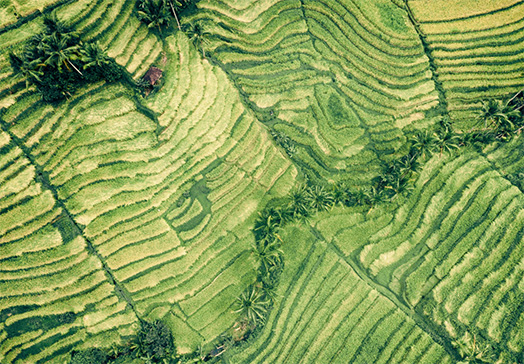
Introduction of daily fines and re-entry bans for individuals who overstay their visa
At a glance
- Foreign nationals who overstay their visas in Nigeria will face a daily fine of USD15 starting from May 2025.
- A grace period will apply until 1 August 2025, allowing expatriates to regularise their status without immediate penalties.
- Overstaying by six months attracts a five-year re-entry ban; one year leads to a ten-year ban, depending on the duration of the overstay.
- The policy forms part of broader immigration reforms, including updates to the Expatriate Quota System and the forthcoming 'Nigeria Visa Policy 2025'.
- New immigration reforms include automated landing and exit cards, electronic visas, upgraded Combined Expatriate Residence Permit and Alien Card, and a revised Expatriate Quota System.
- The Nigeria Immigration Service (NIS) will implement the new rules.
Background
On 21 February 2025, the federal government of Nigeria announced plans to discontinue the visa policy as part of an ongoing effort to strengthen immigration controls and enhance national security.
On 12 April 2025, it was reported in the media that the federal government has also introduced new penalties and comprehensive reforms to Nigeria's immigration policy, aimed at strengthening compliance and enhancing national security. The reforms and penalties were created to curb visa overstays. The changes were announced by the Minister of Interior, Olubunmi Tunji-Ojo, during the organised private sector and other stakeholders’ engagement session held on 11 April 2025 at the Nigeria Employers’ Consultative Association House in Lagos. The Minister was unveiling the ministry’s new Expatriate Administration System, as part of a broader reform initiative where he was reported to have stated as follows:
“If you overstay, there will be consequences. Overstaying by six months attracts a five-year ban; one year attracts a ten-year ban. There is also a USD15 daily overstay penalty. People claim to be visiting Nigeria for two weeks but stay for 30 years working — that must end.”
“While the new measures take effect from 1 May, a three-month moratorium will be given to allow expatriates to regularise their status before strict enforcement begins in August”.
Key details of the new policy
- Starting from 1 May 2025, any foreign national who overstays their visa will be liable to pay a daily fine of USD15 starting from the visa’s stated exit date.
- A grace period will run from 1 May 2025 until 1 August 2025, allowing visa holders time to familiarise themselves with, and adjust to the new requirements.
- Foreign nationals who overstay by six months will face a five-year re-entry ban.
- Those who overstay for more than one year will be subject to a ten-year re-entry ban.
- These sanctions aim to promote lawful migration, safeguard national security, and ensure proper documentation and compliance by expatriates.
Comprehensive immigration reforms effective from 1 May 2025
The policy changes are part of broader reforms which include:
- Automated landing and exit cards, now to be completed online.
- Electronic visa.
- Expatriate comprehensive insurance.
- Upgraded Combined Expatriate Resident Permit and Alien Card.
- Temporary Resident Visa and Work Permit.
- Revised Expatriate Quota System.
The minister highlighted the need for accurate data on expatriates, noting that existing records suggest fewer than 50,000 foreigners reside in Nigeria – a figure he believes is inaccurate.
"Data is the foundation of effective planning", he said, underscoring the role of the reforms in improving data collection and compliance. He also clarified that visa extensions must now be applied for outside Nigeria.
According to the minister, the policy aligns with ongoing reforms in Nigeria’s immigration framework, including updates to the Expatriate Quota System and the anticipated Nigeria Visa Policy 2025. The NIS will oversee the implementation and enforcement of the measures.
The Minister emphasised that the reforms are designed not only to enforce compliance but also to foster responsible migration practices within and into Nigeria.
We will continue to closely monitor these developments and provide updates as more details emerge. Should you require advice with respect to immigration, visas and assistance with Temporary Work Permits, please do not hesitate to contact us at employment@olajideoyewole.com





